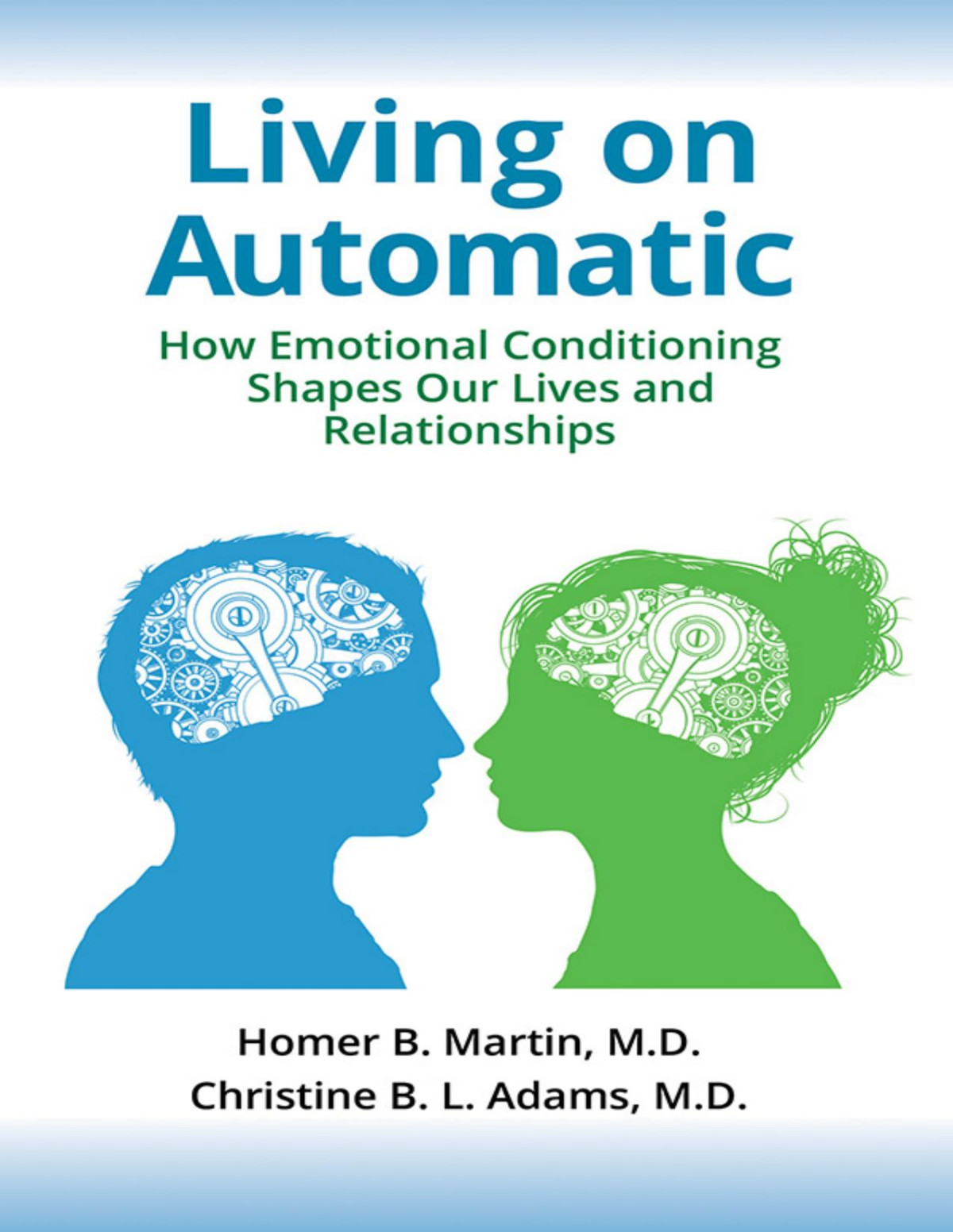

Most ebook files are in PDF format, so you can easily read them using various software such as Foxit Reader or directly on the Google Chrome browser.
Some ebook files are released by publishers in other formats such as .awz, .mobi, .epub, .fb2, etc. You may need to install specific software to read these formats on mobile/PC, such as Calibre.
Please read the tutorial at this link: https://ebookbell.com/faq
We offer FREE conversion to the popular formats you request; however, this may take some time. Therefore, right after payment, please email us, and we will try to provide the service as quickly as possible.
For some exceptional file formats or broken links (if any), please refrain from opening any disputes. Instead, email us first, and we will try to assist within a maximum of 6 hours.
EbookBell Team

4.4
62 reviewsTwo veteran psychiatrists unravel the mystery of how thought and emotional patterns are passed from parents to children, generation after generation, "conditioning" each of us in ways that endure throughout our lives and affect all of our relationships.
Living on Automatic not only introduces the concept of emotional conditioning, including how it occurs and becomes entrenched in our minds, but also explains how individuals can "decondition" themselves to become more adept at choosing and negotiating more rewarding relationships.
Authored by two psychiatrists, the text draws from more than 80 years of their combined psychotherapy work with thousands of people. The authors focus on helping readers to understand their roles in relationships and to develop more rewarding relationships. Case studies and questions are provided to illustrate emotional conditioning and the personality roles that emerge from it. Readers will learn why people choose the mates that they do; why the ways we learn to relate as children often do not change later in life; and how to observe and engage in introspection to begin to decondition themselves from auto-pilot, knee-jerk emotional responses, allowing for the formation of better relationships with their spouse or partner, children, and other family members.